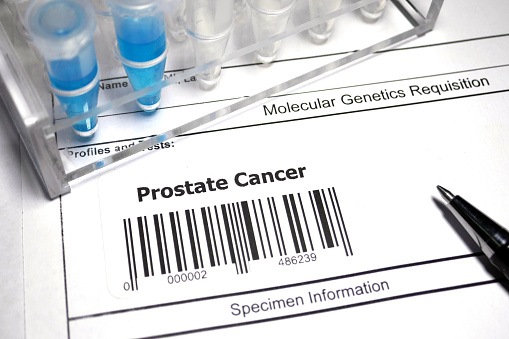
Men who have higher health literacy are more likely to undergo prostate-specific antigen (PSA), a potential marker of prostate cancer, according to a study published in journal CANCER.
Researchers examined 2016 data from the Behavioral Risk Factor Surveillance System, an annual health survey of a random sample of U.S. adults. The analysis included information representing more than 12 million men aged 50 years or older who reported their last year’s PSA screening status.
Study examines health literacy and shared decision-making in prostate cancer screening https://t.co/82glfQmXxk
— Urologic Oncology Updates (@UroOncologyOk) November 9, 2020
According to the results, higher health literacy was associated with higher rates of PSA screening, a finding which suggests that men with the highest health literacy may request to undergo PSA testing despite knowledge of the recommendations, or that physicians may be more likely to offer PSA screening to patients with higher health literacy compared with other patients.
“This finding should inform the creation and promulgation of shared decision-making guidelines and interventions, specifically when considering patients with low health literacy,” said lead author David-Dan Nguyen, MPH, a research fellow at the Center for Surgery and Public Health (a joint initiative of the Brigham and Women’s Hospital and Harvard T.H. Chan School of Public Health), under the supervision of Dr. Jesse Sammon, DO, an assistant professor at Tufts University School of Medicine via a press release. “Providers consistently overestimated patients’ health literacy, and this poor accuracy may diminish the providers’ ability to successfully personalize communication with patients and engage them in shared decision-making, especially for patients with the lowest levels of health literacy.”
Study examines health literacy and shared decision-making in prostate cancer screening https://t.co/rrkLT0rOkv
— mednetnews (@mednetnews) November 9, 2020
Study examines health literacy and shared decision-making in prostate cancer screening https://t.co/traE7KYyyK
— Yes Health Please (@yeshealthplease) November 9, 2020







 © 2025 Mashup Media, LLC, a Formedics Property. All Rights Reserved.
© 2025 Mashup Media, LLC, a Formedics Property. All Rights Reserved.